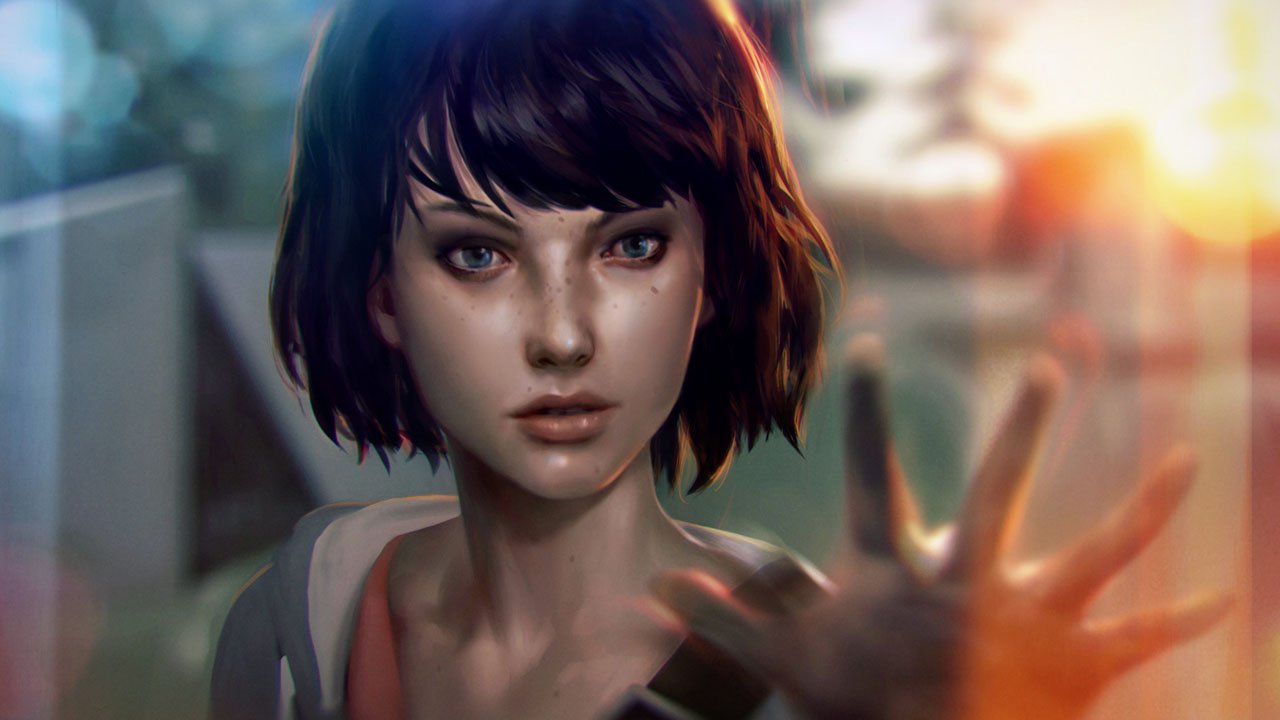I wasn’t sure what to expect from last week’s Gamescom 2014, an event that saw the games industry congregating in Cologne, Germany to either report on or demonstrate upcoming titles. While Gamescom may not have the clout of something like E3, it’s still a massive show that provides a glimpse at the future of mainstream games. If this year was any indication of what we can expect, it seems like videogames are healthier than ever before.
The most exciting aspect of Gamescom 2014 was the sheer variety of projects announced during the event’s many press conferences. The interesting games we’ve already heard about continue to look promising (Bloodborne, The Witcher 3, Quantum Break, and The Order: 1886 in particular), but it was the number of previously unknown titles that makes me most optimistic about the future.
Confirmation of Activision’s plan to resurrect beloved adventure game studio Sierra as an imprint of the former company may not lead to much of anything, but it’s still a sign that the most risk-averse publishers are willing to try new things. I mean, the business that bases itself almost entirely around annualized Call of Duty releases is now attempting to bring out a new King’s Quest entry, developed by the relatively unproven The Odd Gentlemen. Similarly, Dontnod Entertainment, the developer of the flawed but ambitious Remember Me, are launching an episodic game called Life is Strange that apparently takes cues from Telltale’s The Walking Dead and The Fullbright Company’s Gone Home. That this is being bankrolled by Square Enix is a sign that even the biggest publishers have realized the value of fostering creativity in place of endless sequels and high-profile series reboots.

Life is Strange wasn’t the only wholly original game to be debuted at Gamescom either. Bioware’s Shadow Realms—which looks to be taking at least a few notes from Mass Effect 3’s surprisingly fun co-op multiplayer mode—dispenses with the developer’s far-flung science fiction and pseudo-medieval fantasy settings for a strange version of our real world. Better yet, this universe is a completely new one. Ninja Theory’s Hellblade (which is a new tie with Bloodborne for my personal Most Hilarious Game Name award) may be strangely branded as an “independent” production despite major publisher backing, but the developer’s recent work on Enslaved and DmC make me excited for the release of another original title from a talented studio. L
astly, Michel Ancel/Wild Sheep Studios’ WiLD, a game that we were only given a brief look at through some (admittedly lovely) pre-rendered footage. The imaginative scope of world displayed—giant underwater statues and enormous people living inside skyscraper-sized tree trunks— and the promise that players will be able to take control of the game’s population of skeletons, wolves, and other creatures makes for an exciting—and novel—pitch.
“The most exciting aspect of Gamescom 2014 was the sheer variety of projects announced during the event’s many press conferences”
Though not every reveal was original, it was also heartening to see Sony and Microsoft devote a good bit of their conferences to less orthodox games. Sony’s showcase of weird, non-traditional titles (like the Soviet-style dystopia of The Tomorrow Children and Ico-inspired Rime) and Microsoft’s ID @ Xbox program (with strategy-game Massive Chalice and, uh, goat simulator Goat Simulator) were both welcome signs of a continued commitment to experimentation.
And, despite it being the reveal of a series reboot—something that usually doesn’t illicit a ton of excitement—probably my favourite single thing to come out of Gamescom 2014 was the sneaky announcement of Silent Hills. The game—which will be overseen by Pan’s Labyrinth director Guillermo del Toro and Metal Gear Solid creator Hideo Kojima—wasn’t revealed with the typical fanfare of a major press conference debut. Instead, Sony screened a brief clip from a horror game titled P.T. and urged viewers to download its “interactive teaser” from the PlayStation Store. Committed players quickly discovered that P.T. was something other than a genuinely terrifying release from a newly formed developer. The final moments of the demo revealed the names of the game’s creative collaborators and the Silent Hills title card. It was a wonderful surprise, and something that was made more special by the fact that videogames—especially big budget reboots—are more typically announced through trailers and carefully controlled gameplay demonstrations.
Silent Hills’ bizarre reveal summed up the tone of the latest Gamescom as a whole. In place of the calculated marketing approach that has defined the games industry in recent years, there was surprise and creativity. For such a large, corporate-dominated event, the entire affair felt remarkably vital. While this year’s E3 mostly came across as a confirmation of the industry status quo, Gamescom 2014 demonstrated the health of the medium in a different way: confirming that new and strange ideas still have a place in mainstream videogames.




